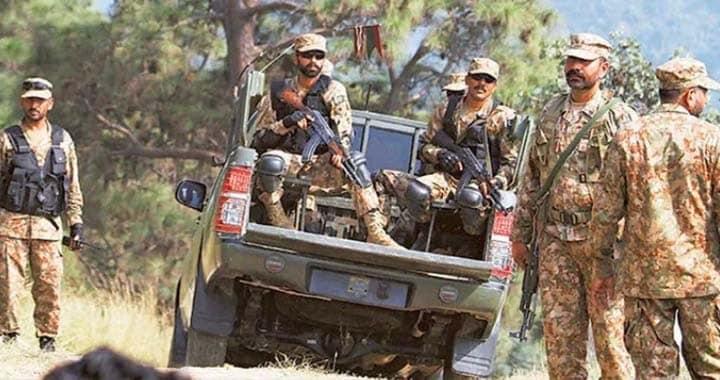Pakistan has paid a monumental price in the fight against terrorism. From the valleys of Swat to the streets of Peshawar, from the Army Public School tragedy to countless sacrifices by our security forces, the nation has stood resilient united in its determination to defeat those who challenge its sovereignty, its Constitution, and its people.
Today, as the soil of Khyber Pakhtunkhwa once again bears the brunt of rising terrorist violence, a critical national question must be revisited: how did elements of the banned Tehrik-e-Taliban Pakistan (TTP), an entity responsible for heinous crimes against our citizens and institutions, find a path back into the country?
This is not a matter of political rivalry it is a matter of national survival.
Following the establishment of a Taliban-led government in Afghanistan in 2021, the return of thousands of TTP militants and their families emerged as a grave national security challenge. Despite strong objections from experts, civil society, and security stakeholders, a political decision was made without parliamentary debate, public disclosure, or strategic consensus to engage in negotiations with these militants in an attempt to “mainstream” them.
Pakistan remains a democratic state governed by law. Any engagement with non-state actors must be within the framework of constitutional integrity, institutional transparency, and national security strategy. History has shown that those who reject the state’s legitimacy cannot be integrated into its democratic mainstream through mere dialogue or appeasement.
While the intention behind such decisions may have been to seek peace, the outcome has proven catastrophic. The TTP, emboldened by perceived legitimacy, exploited these overtures to reorganize, rearm, and resume its campaign of violence. The tragic consequences of this error are now being borne by our armed forces, our law enforcement personnel, and civilians—particularly in the tribal districts and border regions.
Pakistan’s security institutions have, time and again, presented irrefutable evidence of the TTP’s continued coordination with foreign hostile intelligence agencies, particularly those working against Pakistan’s sovereignty and territorial integrity. No state can afford to allow space for such actors, nor treat them as political stakeholders.
Recent developments in Khyber Pakhtunkhwa particularly changes in provincial leadership have sparked concerns among security experts and citizens alike. Strong voices within the province, such as former Chief Minister Ali Amin Gandapur, had adopted a firm stance against terrorism and fully supported military operations in defense of Pakistan’s writ. Any shift away from this approach must be assessed through the lens of national interest and public safety.
Reports suggesting a return to “tribal reconciliation mechanisms” or “jirga-based negotiations” with militant elements must be viewed with extreme caution. Past attempts at negotiated settlements with the TTP have consistently failed not for lack of goodwill from the state, but due to the TTP’s unrelenting commitment to violence and its rejection of Pakistan’s Constitution.
At this critical juncture, Pakistan must stand united, not divided. There is no room for ambiguity in our national security doctrine. The state’s message must remain clear: violence, extremism, and terrorism will never be rewarded or legitimized.
Pakistan’s sacrifices in the war against terrorism are written in the blood of our soldiers, our children, and our citizens. These sacrifices must not be undermined for short-term political expediency. Our collective responsibility is to ensure that no individual, party, or entity is allowed to compromise the safety of the nation.
As a sovereign nation, Pakistan reiterates its commitment to safeguarding every inch of its territory and every life within its borders. We urge all political stakeholders to uphold this collective responsibility with seriousness, maturity, and patriotism.
Let this be a defining moment not of blame, but of resolve.
Let us reaffirm that the fight against terrorism is not over, and the future of Pakistan will be secured by unity, sacrifice, and an unyielding commitment to peace through strength and law.





